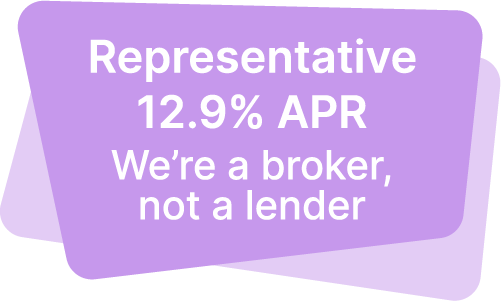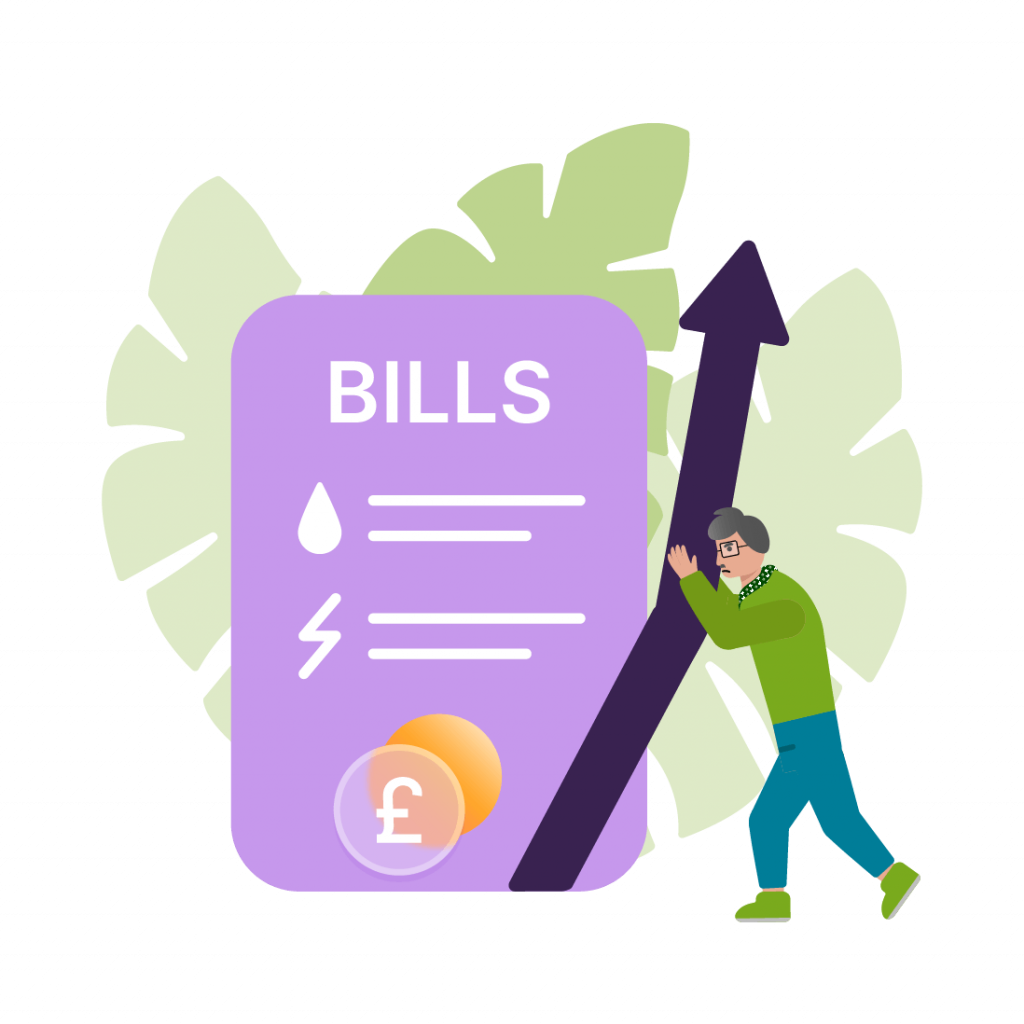
Will You Receive a County Court Judgement?
The number of issued Country Court Judgements is now at its highest level. A legal demand for repayment, will you receive one of these orders?
The Registry Trust published figures this week which highlighted just how many households are feeling the financial strain. In the organisation’s report, it was revealed a record number of County Court Judgements (CCJs) had been issued in 2019.
To put that into perspective, around 1.15million CCJs were issued in 2019 – this is more than double the orders issued in 2012 and the highest amount it has ever been.
What is a CCJ?
A County Court Judgement is a formal demand from the courts for money. If you’ve fallen behind on your payments, a creditor might decide to take legal action against you. The CCJ details how much you owe, to who, and the repayment deadline.
If a CCJ is not resolved within 30 days, it is entered onto your credit record and will stay there for six years. As a result, the judgement can make it almost impossible to obtain favourable interest rates and other financial products.
Failure to repay the CCJ can result in bailiff action or asset seizure.
Why is this increase a big deal?
A County Court Judgement is not the first step a creditor will take to reclaim funds. Usually, it will follow warning letters and a default notice. The high numbers of these orders demonstrate just how many families struggled to gain control of their debts in 2019.
Although many might have resolved their CCJs promptly, this report still indicates that thousands of individuals could have undergone the stresses of legal action and bailiff visits.
The Registry Trust, which collects data on behalf of the Ministry of Justice, highlighted several reasons why the number of CCJs was so high. For example, a spokesperson suggested that austerity measures were partly responsible for households feeling the pinch.
Furthermore, 2020 could see the number of judgements increase even higher.
What do I do if I’ve received a CCJ?
If you receive a County Court Judgement, you should initially identify the best way to repay your debts – there are a variety of organisations out there which can help you with this. As the CCJ will require some form of response, it’s essential to identify a solution which takes your situation into account. Otherwise, not responding to the judgement may spur the court to order debt repayment in one go. Obviously, for many people, this is just not possible.
One of those solutions could be through debt consolidation. After all, showing the court you’ve already taken steps to repay your creditors could be received favourably.

Can debt consolidation deal with a CCJ?
If you’re struggling to make payments to multiple creditors, debt consolidation could be a perfect way to repay these organisations and just manage one affordable monthly repayment.
Not only that, it could keep the bailiffs from your door.
Apply Now
Representative Example: Borrowing £7,500 over 60 months, repaying £167.57 per month, total repayable £10,054.20.
Total cost of credit £2,554.20.
Interest rate 12.9% (variable).
The lenders on our panel offer loans for 12-120 months, with rates from 4.4% APR to 49.9% APR.


